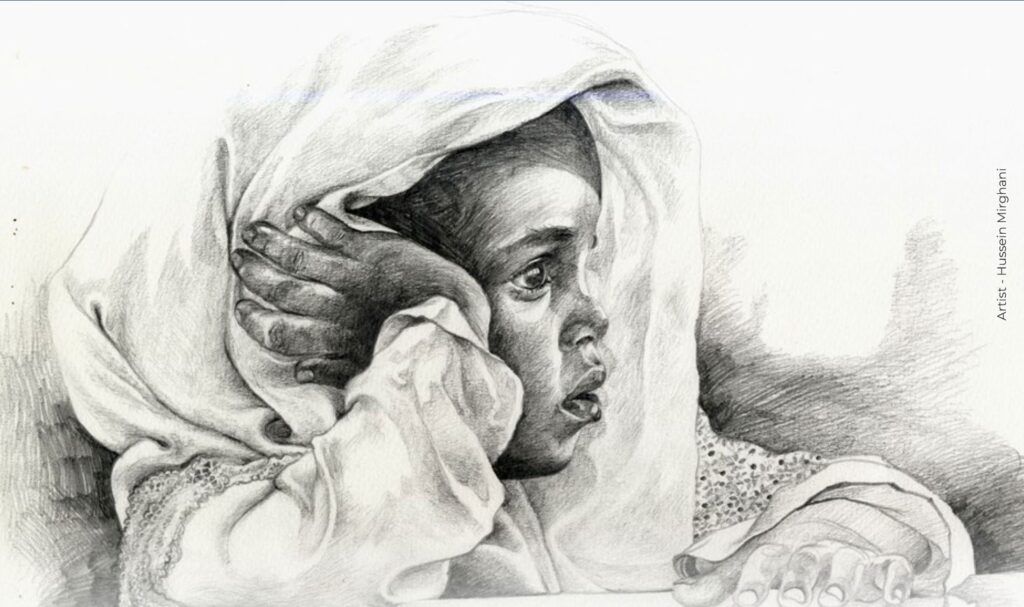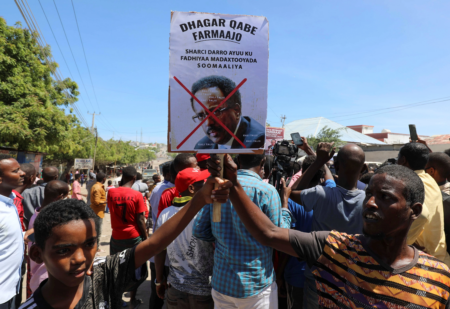The proposed Somalia Anti-FGM Bill of 2019 represented a landmark attempt to address one of the country’s most persistent human rights challenges: the widespread practice of female genital mutilation (FGM).
With prevalence rates among the highest globally—estimated at over 90 percent of Somali women and girls—FGM is not only a health crisis but also a violation of fundamental human rights, including the rights to bodily integrity, health, and freedom from torture or cruel treatment.
Somalia Anti-FGM Bill (2019) from Human Rights Perspective
From a human rights perspective, the bill aligned with international obligations under treaties such as the Convention on the Rights of the Child (CRC) and the Convention on the Elimination of All Forms of Discrimination against Women (CEDAW), both of which Somalia has ratified.
The legislation sought to criminalize all forms of FGM, signaling recognition of state responsibility to protect women and girls from harmful traditional practices.

Could the Somali Society Accept this Bill ?
However, the bill also faced cultural, religious, and political resistance, reflecting deep societal entrenchment of FGM.
Its delayed passage underscores the tension between traditional norms and universal human rights standards.
If enacted and enforced effectively, the Anti-FGM Bill could provide a critical framework for prevention, protection, and accountability—marking a decisive step toward safeguarding the dignity and rights of Somali women and girls.








